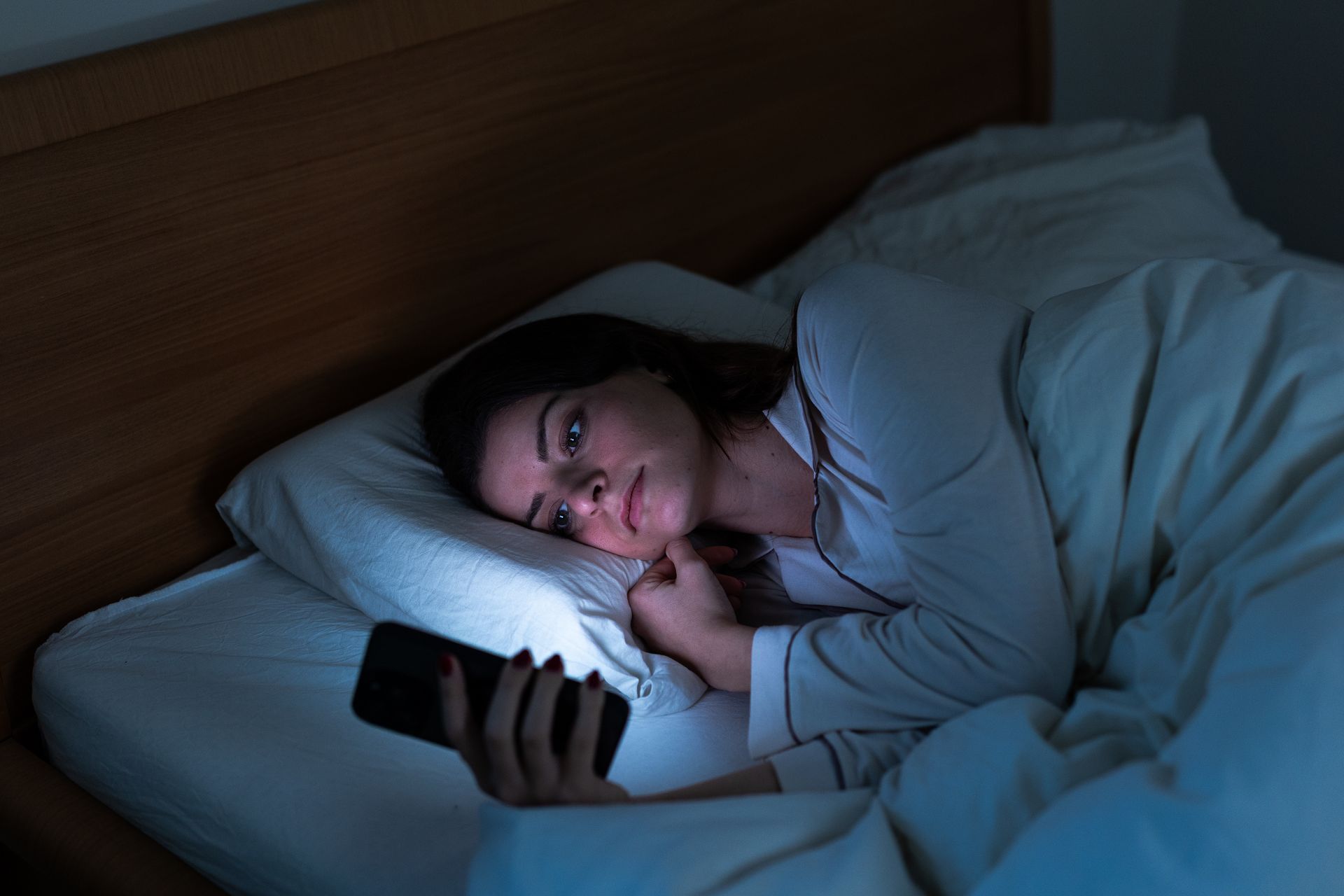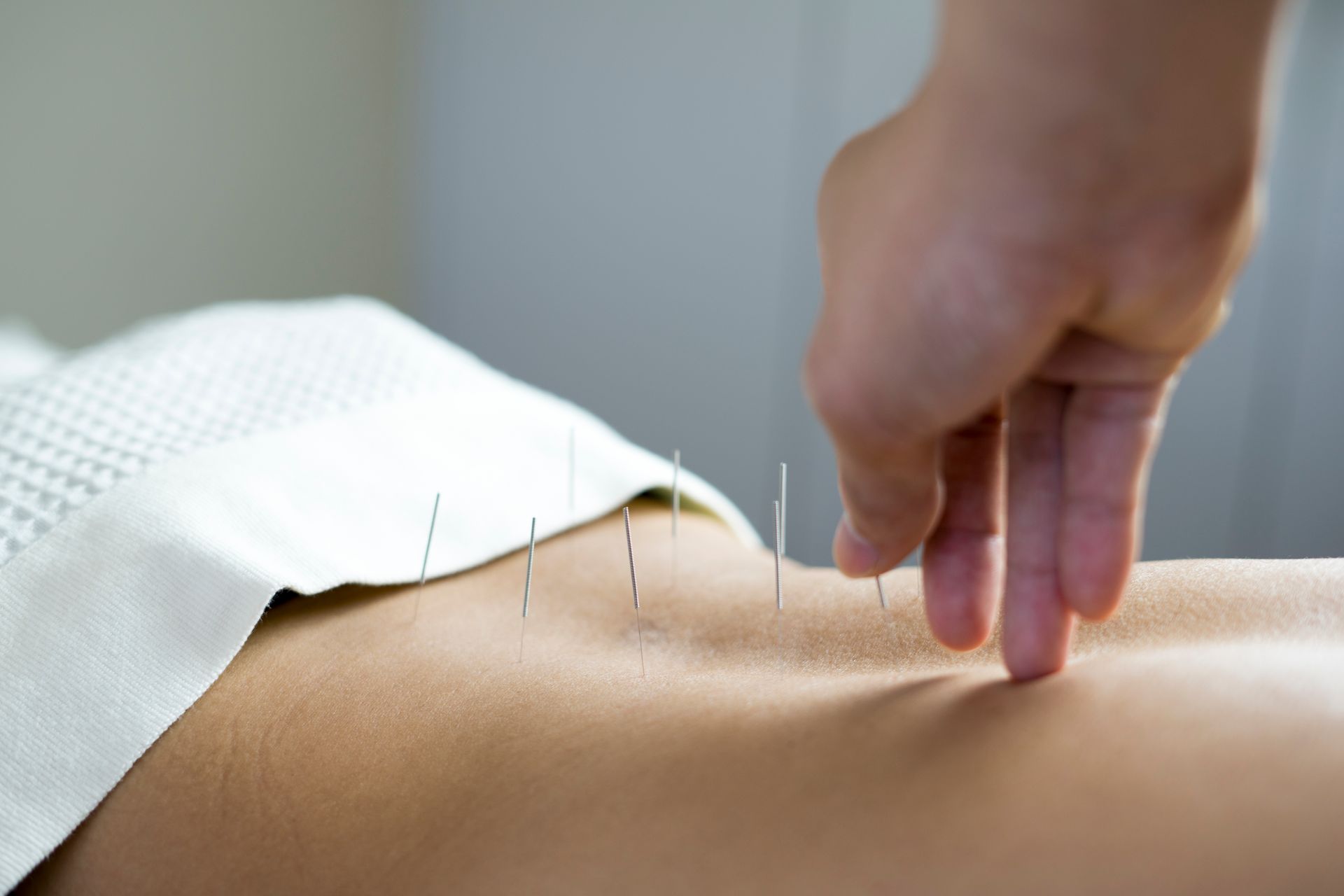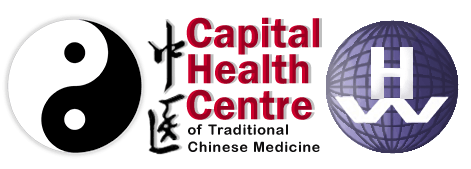Acupuncture for Sleep Issues, Insomnia, and Restless Nights: A Natural Approach to Better Sleep
With the increase in technology as part of our everyday lives, humans are gaining access to more information than ever before. Being able to access a variety of information with the click of a button has increased the efficiency and effectiveness of accessing information. However, such a drastic change compared with our lifestyles, from even just decades ago, has put pressure on our brains to process such a large amount of information daily. As the primary format for which we gain our knowledge and understanding has changed, there are many implications for our health, and sleeping patterns.
The Modern Lifestyle and Its Impact on Sleep
The way we access the internet, and contact people today is often through our phones, tablets, and laptops. Accessing information through these platforms impacts our nerves, minds, and thoughts. Technology makes our lives easier in some ways, but the excessive modern reliance on screens has a powerful effect on our brains. Our brains are having to adapt to processing information when we wake up and check our phones, throughout the day when we use technology for work or study, all the way through the day until we check our phones before bed. Our brain is constantly having to deal with accessing, processing, and filtering new information, which greatly contrasts to the amount of information in our daily lives centuries ago.
For many, this dramatic change in our lifestyles as humans has impacted the quality of our sleep and the ability for our minds and bodies to rest and properly relax. These are important aspects of our lives which are supposed to give us the opportunity to recharge, rejuvenate, and gain enough energy to take on the next day.
The resting of our minds is fundamental to the quality and duration of our sleep. To rest your mind, doesn’t mean to just lie down for many hours while our brain is still alert and aware, but to actually experience calmness and mindfulness, which contributes to restful, essential sleep. However, this often isn’t the case, as with the amount of technology we are accessing daily, we often have restless sleep which makes us feel lethargic when we wake up in the morning.
In this fast-paced modern age, it is important to prioritise resting our mind, and having good sleep every day. You can try and focus on this aspect of your health by taking moments for yourself, practising awareness of your body and your surroundings, and practising calming breathing techniques.

How Acupuncture Can Help with Insomnia and Sleep Disorders
Rooted in Traditional Chinese Medicine (TCM), acupuncture is a powerful tool for addressing sleep disorders, chronic insomnia, and stress-related restlessness. By targeting specific acupoints on the body, acupuncture:
- Regulates the nervous system
- Reduces tension and anxiety
- Promotes relaxation and calmness
- Encourages healthy sleep cycles
- Improves overall energy and wellbeing
When stress or discomfort disrupts the body’s natural flow of energy (Qi), acupuncture helps rebalance it, easing both mental and physical tension. This helps the mind feel less cluttered, the body more at ease, and the nervous system better prepared for sleep.
It is beneficial to try and practise resting your mind through these natural methods before resorting to pharmaceutical solutions such as sleeping pills.
Digital Detox and Sleep Hygiene: Supporting Your Results
Alongside acupuncture and traditional remedies, it’s important to review how technology impacts your sleep. Ask yourself:
- Am I checking my phone right before bed?
- Is my screen brightness too high?
- Am I sleeping with my phone nearby?
- Do I feel mentally stimulated after scrolling or watching videos?
Our eyes, brain, and nervous system are not designed for constant digital input. Creating boundaries with technology — especially in the hour before bed — can dramatically improve your sleep quality.
These are major factors that contribute to an overall poor quality of sleep. To improve the quality of your sleep and rest, it is important to make natural healing your goal. This can be achieved by being aware of your mind and body and the ways in which you approach information, by seeing how the healing effects of acupuncture reduce tension, and encourage feelings of calmness throughout your body, and by seeing how other Traditional Chinese therapies and methods of meditation make you feel more present within yourself and your environment. By having better sleep and rest, you will begin to notice improvements in your energy levels, productivity, and mindfulness.
So, instead of just focusing on what you’re thinking all of the time, also consider how your body and mind are feeling, and try to make changes that benefit how you perceive and approach information. This can have many positive effects on improving your sleeping issues, and may also contribute to achieving a fully rested mind - which is especially important for maintaining a healthy lifestyle in such a fast-paced world.





